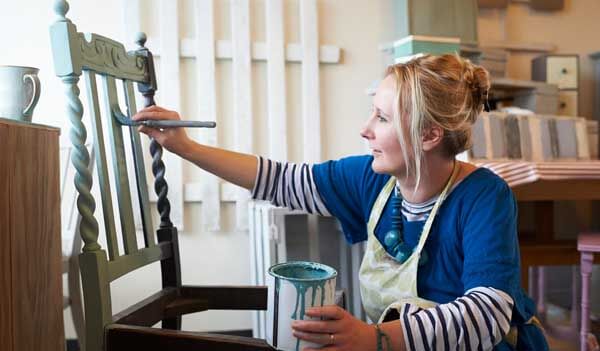How much should I save for a mortgage deposit?
For example:
- A 95% mortgage means you’ll need to save 5% of the total home value.
- A 90% mortgage means you’ll need 10%.
If you need a 10% deposit, then you’d need to save a deposit of £28,300.
Should I save for a bigger deposit?
Lenders offer mortgages based on risk. If you have a bigger deposit, the lender is taking on less risk and may offer a lower interest rate.
With a smaller deposit, lenders might compensate by charging you higher interest payments.
Ways to save for a mortgage deposit
Consider a flat share
If you rent on your own, you may be able to cut your rental costs by moving in with friends, a partner, or flat share.Move in with family
If you can, moving in with family may be a way to save on rent costs. A temporary move into your parents, for example, could mean you are able to save the money usually spent on rent.
Open a savings account
If you’re saving in a current account, you may not get much interest. A savings account might offer a better return as you build up your deposit.
Find ways to reduce your outgoings
While you’re saving up, you may need to cut back in other areas, like takeaways or buying new clothes. Don’t cut off everything you like doing, but a few quiet months may help you to save more.
Review your spending
Check your spending and look for anything you could do without. For example, you might spend more than you think on eating out or want to swap to a cheaper supermarket.
Look for bargains
Loyalty cards may reduce your grocery bills, while doing a weekly online shop can cut out impulse buys.
Move with a partner
If you’re able (and willing), getting a joint mortgage with a partner will mean you can save for a deposit together.
Other ways to prepare
- Your credit history
- Your ability to make payments
- Your outstanding debts
- Your everyday spending
- Whether you’re registered to vote.
If you’re self-employed, a lender may want to see more documents, such as:
- Your future earnings
- Your last two years of accounts
- Income from grants.
Mortgage deposit schemes
95% Mortgage Guarantee
This mortgage scheme aims to give buyers the chance to get on the housing ladder with a 5% deposit.
Shared Ownership
The Shared Ownership scheme lets you own between 10% and 75% of a home and pay rent on the rest.For help with money issues, try MoneyHelper.



